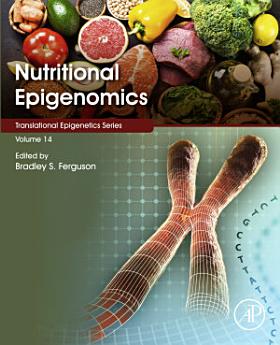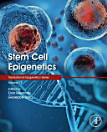Nutritional Epigenomics
Tungkol sa ebook na ito
Tungkol sa may-akda
Bradley S. Ferguson is an Associate Professor of Nutrition at the University of Nevada, Reno, Nevada. His lab adopts integrative, translational research approaches that encompass bioinformatics, in vitro cell culture, and in vivo animal models to elucidate dietary food components that act as epigenetic modifiers, as well as the role of dietary epigenetic modifiers on pathological cardiac signaling, gene expression, and remodeling. He also seeks to understand how sarcomere protein acetylation links metabolic disease (obesity and diabetes) to pathological cardiac remodeling and skeletal muscle dysfunction. Dr. Ferguson has published his findings across a wide range of peer-reviewed journals, including Scientific Reports, Journal of Animal Science, American Journal of Physiology, Cell Reports, PNAS, and the Journal of Molecular and Cellular Cardiology.









